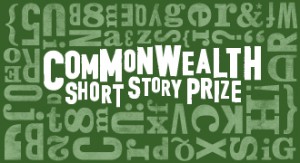Golden Baobab Prizes Announces Longlist

The Golden Baobab Prizes for African children’s literature have revealed the 14 stories that made it onto their longlist for 2014. Selected from a total of 210 stories received from 13 countries across the continent, this longlist showcases some of the finest African writers and African children’s stories today. With four writers each, Ghana and South Africa are the four most represented nationalities on the longlist. Other countries that had writers on the list were Egypt, Kenya, Zimbabwe and Nigeria. The longlist represents stories submitted to the Golden Baobab Prize for Picture Books and the Golden Baobab Prize for Early Chapter Books. No story from the Golden Baobab Prize for Rising Writers made it onto the 2014 longlist. Speaking on the prizes’ evaluation and selection processes, the Prize Coordinator, Delali Kumapley commented, “Stories submitted to the Golden Baobab Prizes go through an incredibly exhaustive evaluation process. We have a team of about thirty people fro







.jpg)



